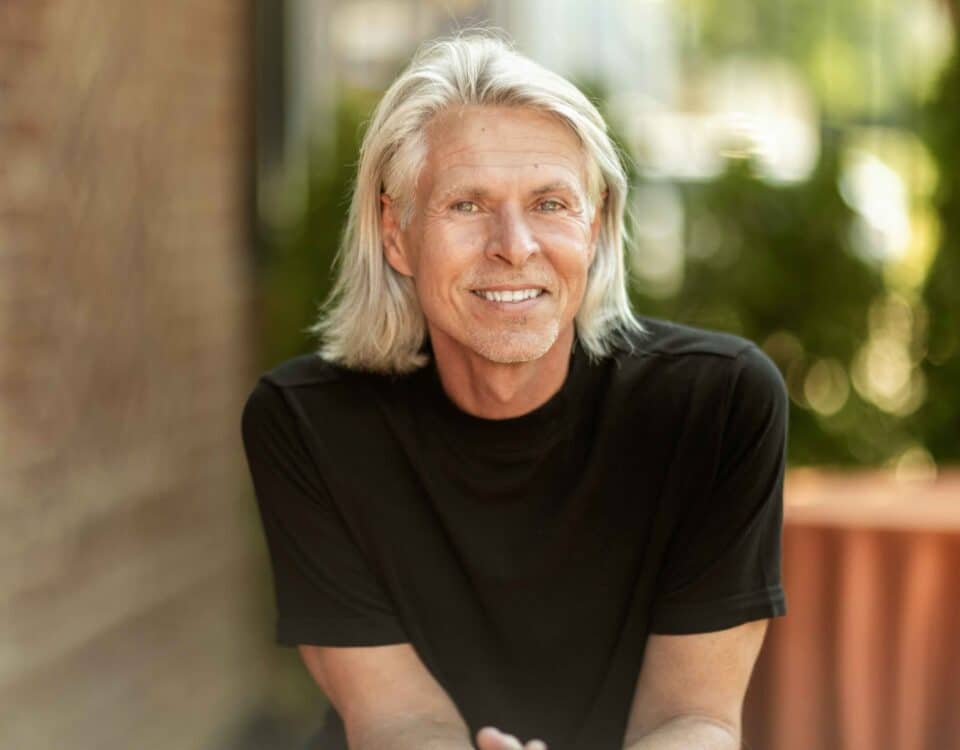5 Business Myths; Best Place To Work; Tim Cook Apple
January 20, 20112 Critical Books; YPOer Mark Aesch; Save Your City
February 1, 2011Expert Brains; Latest Book; Future of Economy; Prep for Children
"…keeping you great"
HEADLINES: (Happy Australia Day! yesterday)
|
The individual who wants to reach the top in business must appreciate the might of the force of habit and must understand that practices are what create habits. He must be quick to break those habits that can break him and hasten to adopt those practices that will become the habits that help him achieve the success he desires. |
|
|
|
J. Paul Getty |
"We" by Rudy Karsan — just released on Tuesday, immediately order Rudy Karsan and Kevin Kruse's book entitled We: How to Increase Performance and Profits through Engagement and turn to the introduction and take the quick "we" test. Rudy is co-founder and CEO of Kenexa, one of the globe's top HR consultancy firms. He's also a dear friend and avid practitioner of the Rockefeller Habits. With over 2000 employees across twenty global offices, Rudy based the book on their real life work with millions of employees and formal surveys of over 2 million workers. The book is chock full of practical tools and tests.
What Sets Experts Apart from Novices — a fascinating article this week in the NY Times looking at the brain wave patterns of expert vs. immediate vs. beginner chess and shogi (like chess) players. In essence, what sets them apart is pattern recognition. And there are two areas of the brains of professionals (vs. novices) that were excited consistently: the precuneus, where perception and high level thinking occur (makes sense); and the caudate nucleus, thought to be responsible for the formation and execution of habit and for "goal directed behavior" – this was the surprise finding. It seems that professionals are great "by habit" (vs. nature) and can make decisions almost unconsciously, when driven by goals. This is the scientific reason why the Rockefeller Habits have such a powerful impact on brains and companies. Take three minutes and read the article to get more details.
Bringing In The Right #2 — with Eric Schmidt stepping aside as CEO of Google and co-founder Larry Page stepping up to the role, Fortune wrote an excellent article on the importance of finding the right "second pair of hands" to help out in growing a company. Entitled "Expanding Management: The delicate art of sharing control" take three minutes and scan the article. The key is test driving the potential #2 for a year before hiring them. BTW, Google's founders did the same with Schmidt, putting him on the board for almost a year before putting him in the CEO role. And here's a link to my article on the same subject and why it's best to hire someone you've worked with for quite some time.
Strong Case for Global Optimism — the 41st World Economic Forum in Davos kicked off yesterday. Among all the talk of doom and gloom, Time Magazine's International Editor Michael Elliott wrote an encouraging blog yesterday making a strong case for optimism both in the short and long term. As I've been sharing with audiences the past two years, there's an elephant moving through the global economic snake and that's the 1.4 billion people moving into the middle class – effectively increasing the size of the market for goods and services by 77%. This next ten years is a time to "make hay" as we liked to say when I was living in Kansas!
Preparing our Children — WARNING: this is blatant sales pitch!! I'm recruiting 10 entrepreneurial American and Asian families, who want to expose their children to a vibrant international community, to move to Barcelona for a year and enroll their children (nursery through grade 12) in the Ben Franklin International School (BFIS). With a mission to educate global citizens, BFIS presently has 540 students from 40 nationalities (my children's best friends are from Russian, India, Italy, UK, Sweden, Netherlands, and Spain). And all four have become quite proficient in Spanish in just a year. Barcelona is also a great city from which to launch your business into Europe and Asia, putting you six time zones closer to the "wild, wild east" in one of the safest cities in the world (our children run free all over the city).
Experiences vs. Stuff — besides, why not live a little while working hard – you're not getting any younger. They say it's better to spend money on experiences you'll remember a lifetime vs. buying more stuff that sits in the garage. You'll also meet some of the neatest entrepreneurs (it's a huge tech community) and executives who have the freedom and time to take a year and enjoy the culture of the region, including honorary membership in the "slackers" organization. Come over for a year and we'll show you around. Rent is relatively inexpensive and the school is moderately priced, less than most private education in the US.


